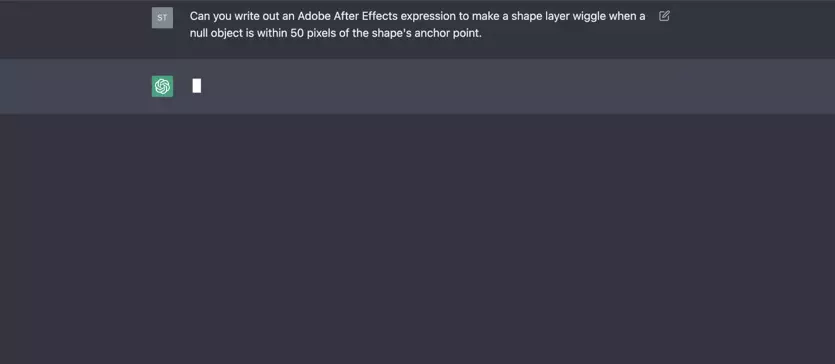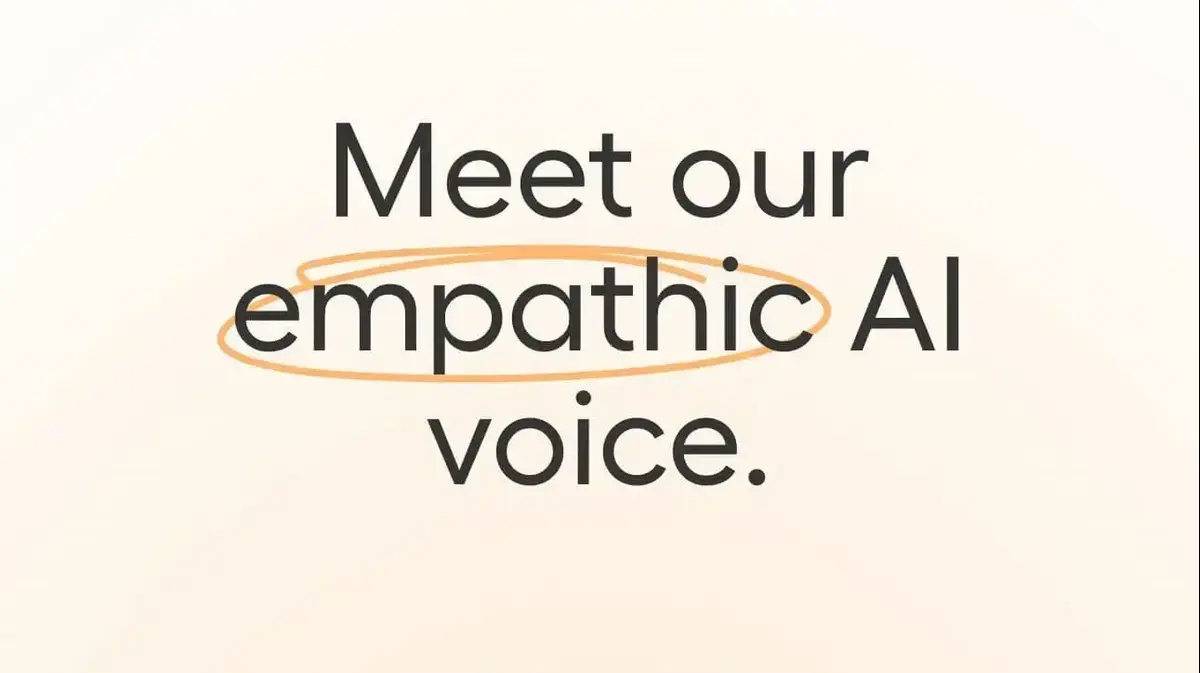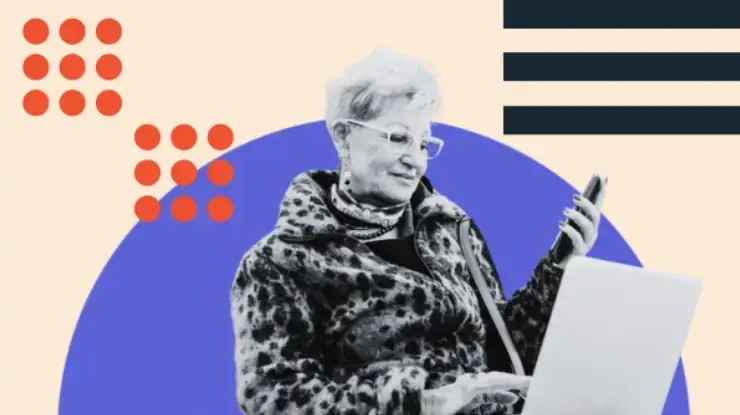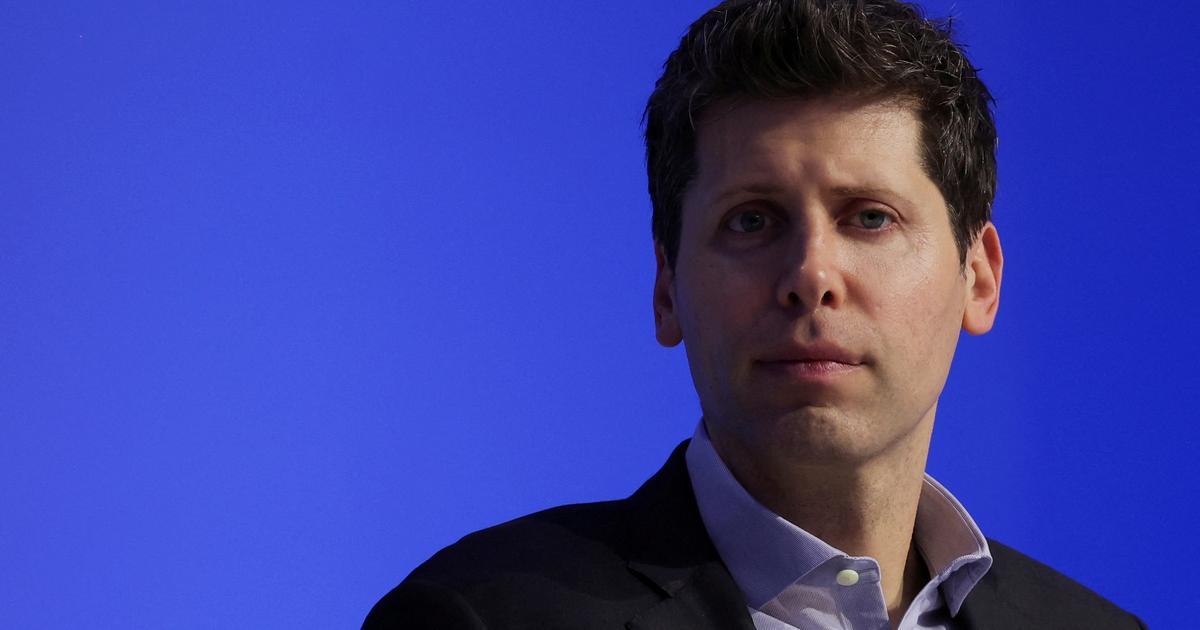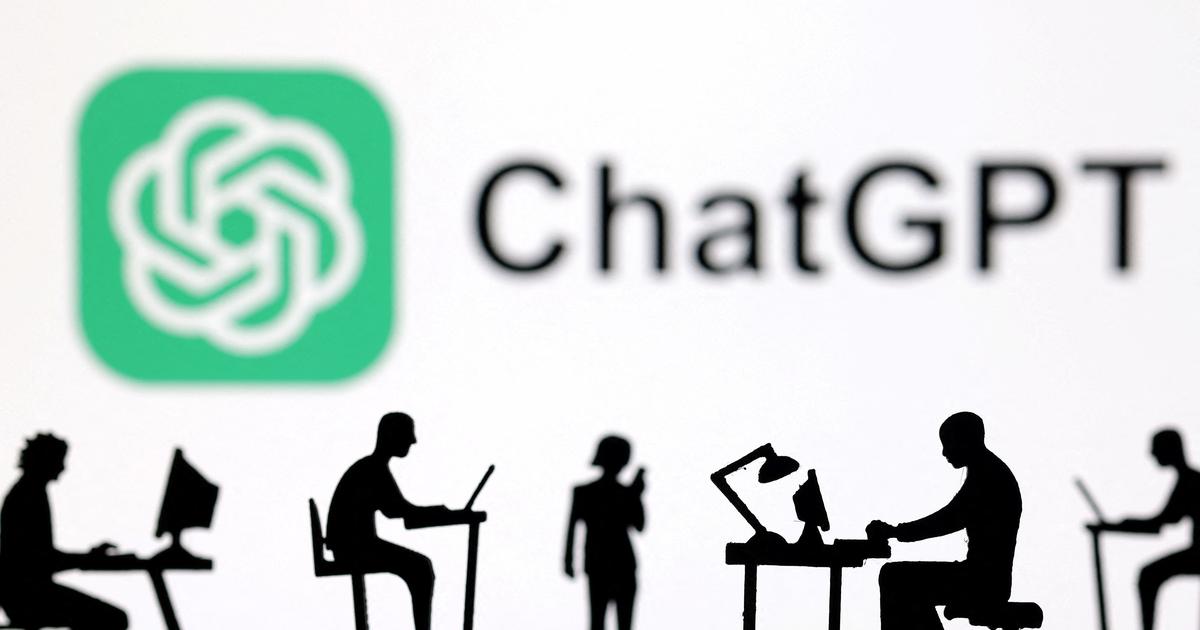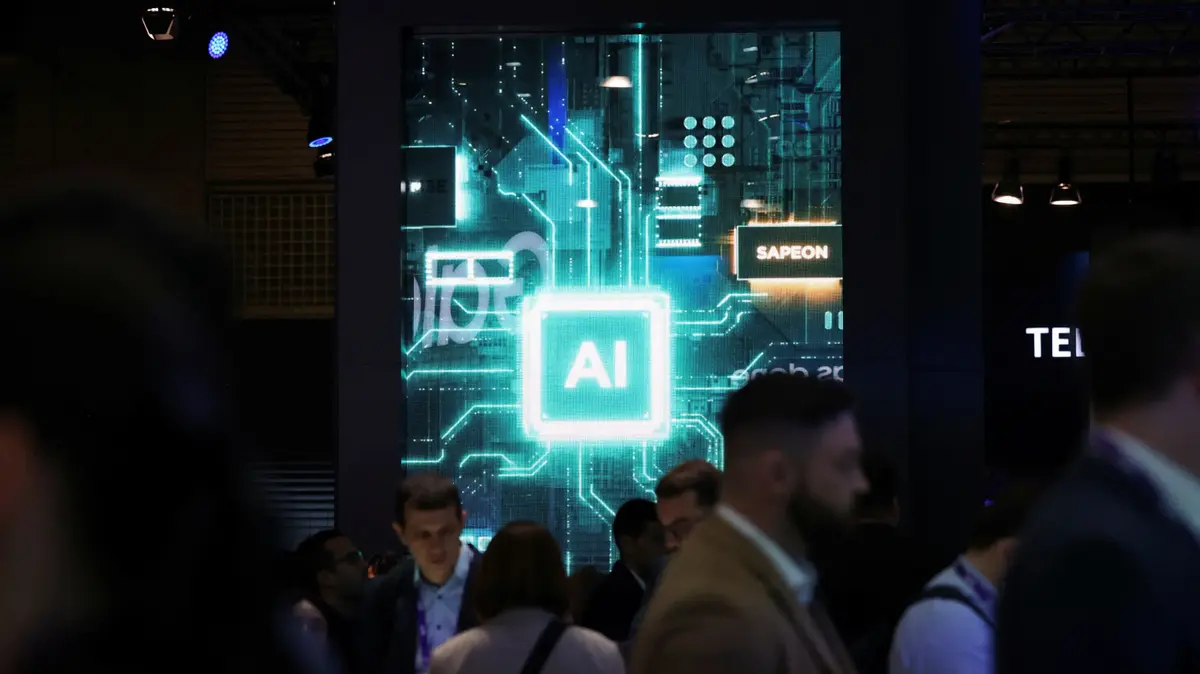ChatGPT (Photo: Reuters)
This week, over a thousand technology personalities and researchers, including Elon Musk, urged artificial intelligence laboratories to stop the development of their advanced systems, claiming that artificial intelligence tools pose "broad dangers to society and humanity".
At the same time, a class action lawsuit was also filed this week in an Israeli court against OpenAI, the creator of the artificial intelligence tool ChatGPT.
Do we really need to be afraid of the demon called "artificial intelligence" for its many derivatives?
Despite the warnings and scares, artificial intelligence is already here.
Like the internet, we have become blind to its existence in the digital world, but it is already here: to paraphrase: every time we take a picture on our latest smartphone - artificial intelligence!, when we apply for insurance or take out a loan - artificial intelligence!, improving the picture or sound on our television - artificial intelligence!
Recommendations for songs on Spotify?
artificial intelligence!
Algorithms and computers that do calculations, handle images, assess risks and do a great many actions that humans used to do but with greater efficiency and speed than us already exist and operate in many areas of human life - we are simply not aware of their existence, but those who operate and use them are certainly aware.
Despite the warnings and scares, artificial intelligence is already here (Photo: Reuters)
"Artificial intelligence is a computer program that does actions or tasks that a human would not do, they would be considered intelligent. It's a bit funny, because it throws us into the definition of what is human intelligence?", explains in a conversation with "Wala!"
Uri Elbaev, artificial intelligence consultant.
"And there is another definition that says that artificial intelligence is everything that computers don't do yet, so the definition is very fluid...the definition is elusive, because human intelligence is not well defined either," says Elbaev.
But we will go with the definition that artificial intelligence is a computer program that performs actions that a computer would not do - they would be considered to require intelligence, that is, certain knowledge and understanding.
More in Walla!
It's so delicious and simple: a recipe for caramelized bananas
In collaboration with the Galil company
"The definition is elusive, because even human intelligence is not well defined."
Head to head with Google, ChatGPT (Photo: ShutterStock)
Within the world of artificial intelligence, it is now common to divide the research and existing products in the field into two main types: general artificial intelligence (Artificial General Intelligence or AGI for short), and narrow artificial intelligence.
General artificial intelligence is the seemingly scarier type from the point of view of humanity: general artificial intelligence is designed to act and do everything that the human brain is capable of doing, and it, like the human brain, should be able to learn new fields on its own, understand them and then use the knowledge it has gained, including the ability to conduct research on its own or "Consult" with other systems, which specialize in a specific subject, just like people turn to an expert with knowledge in a certain field when they need his help, whether it's a plumber, a doctor or a lawyer.
Science fiction writers of the 60s of the last century already described such a thing, and called it "expert systems", which consult each other.
General artificial intelligence is the ultimate goal of OpenAI, the creator of ChatGPT.
Its founder, Sam Altman, is aware of the wide implications of what he is developing, and in a major interview he gave this week to the "New York Times", he refers to his development as the "Manhattan Project" - the development project of the nuclear bomb, no less.
That is, Altman sees himself as a kind of Oppenheimer.
What is ChatGPT?
Which brings us to ChatGPT, the current OpenAI development that is metaphorically and literally driving the world crazy.
ChatGPT is the second type of AI we mentioned - narrow AI.
In contrast to its bigger and scarier sister, general artificial intelligence, narrow artificial intelligence is one that has been trained and designed to perform a very specific type of task, and such artificial intelligences as mentioned are already intertwined in our lives, such as image processing, risk assessment in granting a loan, recommendations for videos on YouTube and much more.
Within the class of narrow artificial intelligence, there is a subclass called Generative AI.
It is a narrow artificial intelligence that is able to take existing information as input, and produce as output a new creation, one that did not exist in the world.
Dal-E, which creates new images from a description we give it in text, is a generative artificial intelligence and so is ChatGPT - its input is our questions or requests to create something for us (a 2,000-word article on beekeeping or a website about the Holocaust), and the output is a new creation Absolutely - created by a computer program and not a person.
It seems like some kind of miracle or magic, but in the end, ChatGPT is also a work tool, if you know how to use it correctly.
The impressive part about ChatGPT is simply the wealth of information on which she was trained and from which she acquired her "knowledge", which is about the entire Internet, or at least very, very large databases.
And ChatGPT, although some self-proclaimed technology "experts" swoon over it, is not without its faults,
"ChatGPT allows us to generate new texts, answers, articles, code snippets, etc. that are based on a large data set," explains Elbaev.
"How does ChatGPT work? In general, he is exposed to very large amounts of information, and he begins to understand connections and connections between all these words (that feed him - N.L.)".
Watch ChatGPT write a children's story in real time.
(Open AI)
"The interesting addition (in ChatGPT) that is worth dwelling on for a moment is 'reinforcement learning', that is, the ability to understand and predict from several actions and not the result of a single action. For example, in checkmate. You make one move. Do you know that this is the move that will bring Do you win? No. You look at a series of steps, in each situation you have a number of actions you can choose from, and then, in hindsight, you can analyze and understand how good it was. So that approach was applied to ChatGPT," says The consultant for artificial intelligence.
"What made ChatGPT explode was the fact that they put humans in this validation process - at the end of each conversation, there were humans who rated its quality and said how good it was," says Elbaev.
Bernard of Chartres, a philosopher of the 12th century, was the one who said "We are dwarfs sitting on the shoulders of giants, who can see more and more distant things than they,
So it turns out that ChatGPT's farsightedness, capable of seeing and creating many new things, eventually learned from us, humans.
And the knowledge and "wisdom" of ChatGPT is not without limits either.
Artificial intelligence can also make mistakes.
About the mistakes, the future and the dangers to humanity in artificial intelligence and why Sam Altman thinks it is similar to the achievement of splitting the atom - in a part that will be published next week.
technology
news
Tags
artificial intelligence

